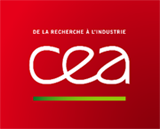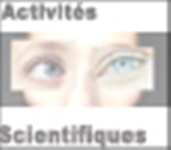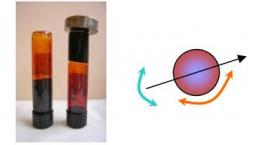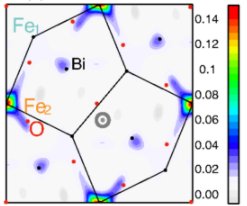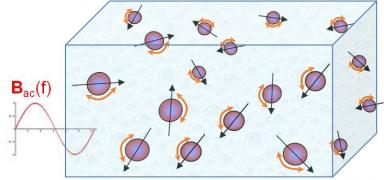
In "Magnetism, Frustration and Disorder" group, our research interests are centered around the physics of ‘Complex Matters’. Currently, our research activities focus on the glass transitions and associated out-of-equilibrium dynamics in frustrated magnetic systems and structural glasses. In both cases, the individual elements (magnetic moments, molecular configurations) cannot simultaneously minimize their respective energies globally, therefore the system as a whole will continues to "age" indefinitely searching for its true ground state.
Frustrated magnetic systems can either be disordered as in spin- and superspin- glasses (magnetic nano-object assemblies) or ordered as in the Kagome lattices. In addition, we study low temperature magnetic properties in a variety of materials such as superconductors and carbon nanotubes.
Within the "magnetism" branch of our group, we are currently investigating the following topics:
- The FDT (Fluctutation and Dissipation Theorem) Violation in the Superspin Glass state of Frozen Ferrofluids

- The Dynamical Correlation Length Growth in Superspin Glass State and Anisotropy Effects
- Emergence of Collective Magnetic State in Supercrystals of Co Nanoparticles
- Direct observation of magnetization reversal in magnetic nano-pillars (soon)
New: PhD research opportunity (in French)
The experimental techniques used in our lab include:
 |
CRYOGENIC S600 SQUID magnetometer - DC and AC magnetization and susceptibility measurements in applied magnetic field up to 5.5 Tesla. contact ( or ) |
 |
Dilution Refridgerator SQUID magnetometer - DC magnetization measurements down to 90 mK and up to 8000G. contact ( ) |
 |
Micrometric magnetic field probe (2DEG micro-Hall sensor)- local magnetization measurements at low temperatures (4.2 K < T < 200K) and in magnetic fields. contact ( or ) |
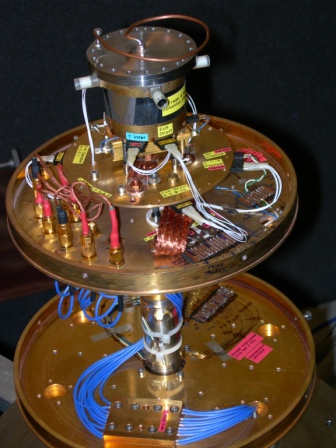 |
Linear/Non-linear dielectric spectrometer (20 < T < 300K and 0.01Hz < f < 200kHz). contact ( or ) |
Magnétomètre à très basses températures/ Dilution-refridgerated SQUID magnetometer
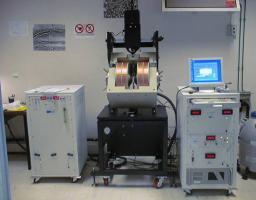
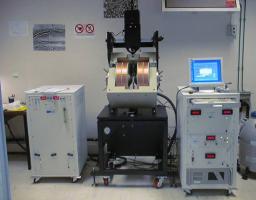
Magnétomètre à très basses températures/ Dilution-refridgerated SQUID magnetometer
Vous devez préciser l'id_ast dans la table des unités.
